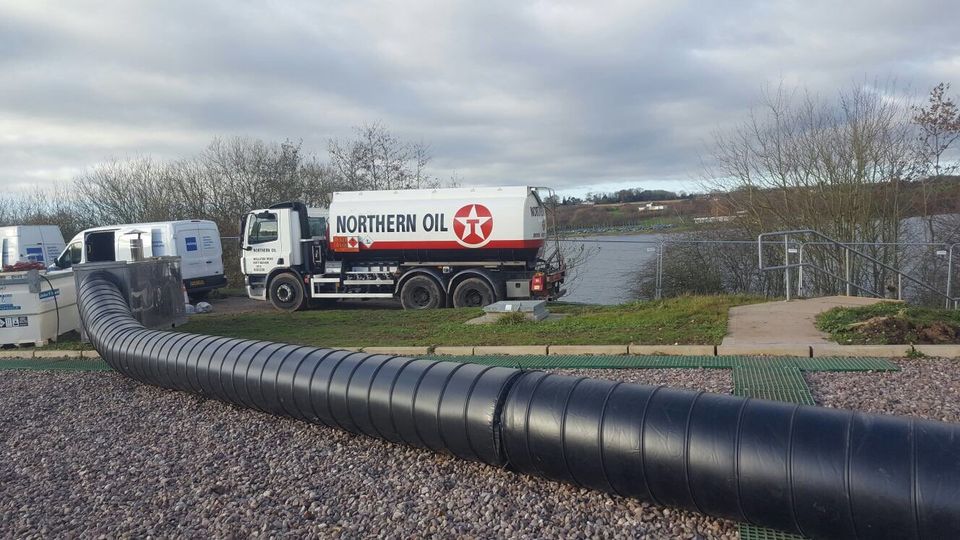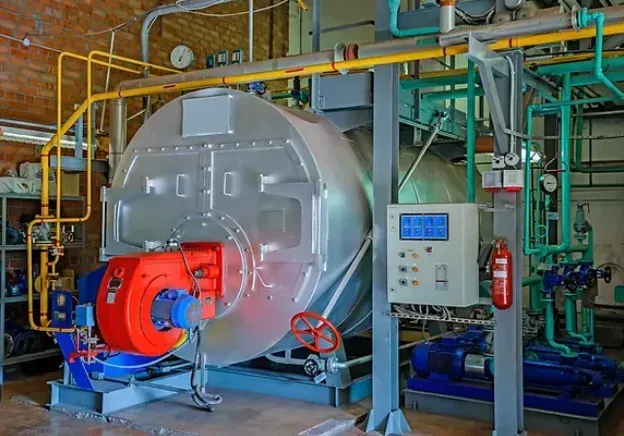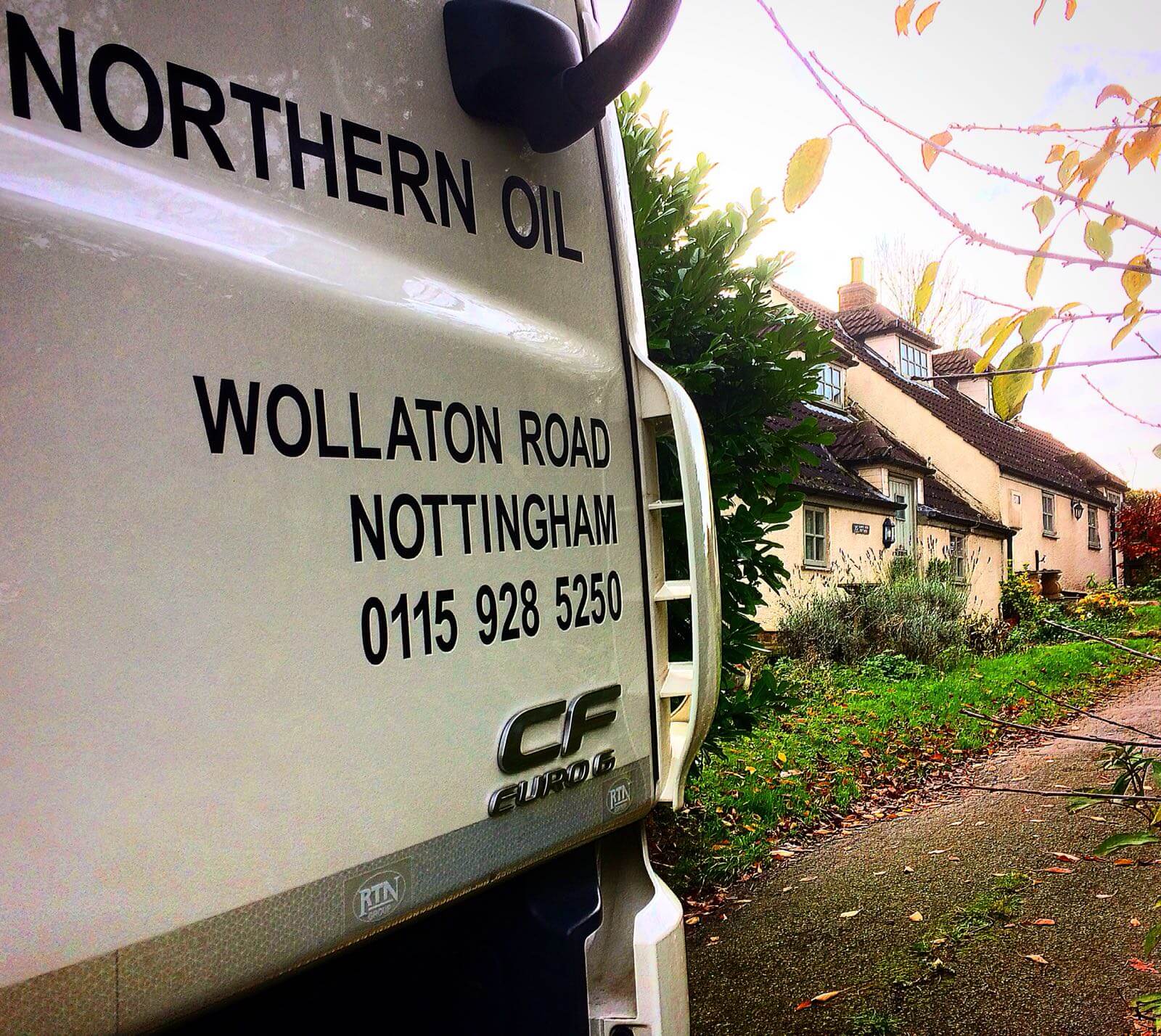Blog Post
A Brief Guide to Tractor Maintenance
Northern Oil Company • November 17, 2020
Anyone working in the agricultural industry knows that tractors are a vital piece of equipment. Tractors can be used to pull heavy loads, haul materials, pull crop implements and transport workers quickly around the farm. These machines tend to get a lot of heavy use, so it’s important to maintain them well.
Maintaining your tractor will help it to last longer, reduce the chances of breakdown and ensure that you can get on with the smooth running of your farm. With this in mind, see below for our top tips when it comes to tractor maintenance.
Use the right oils
It’s important to use the correct oils and lubricants for your tractor, to keep the engine running smoothly and to reduce friction of the moving parts. Engine, transmission, axel, brake, steering and hydraulic oil (along with their filters) should be changed between every 200 to 1000 hours of use (depending on the specifications in the manual).
The grease fittings (or zerks) should also be sprayed with a lubricant after every 100 hours of use to keep all moving parts running smoothly.
Regular inspections
For safety, give your tractor a brief visual inspection before every use. Look for any signs of wear and tear, oil leaks, dents and any loose bolts or parts. You should also check your important fluid levels; that’s the engine oil, hydraulic oil and coolant.
Cold weather care
You don’t want your tractor to seize up over the cold months, so it’s a good idea to let the engine run for 20 minutes every couple of weeks. If you’re putting it away for the winter, add a fuel stabilizer to keep the fuel fresh and effective for spring. Fuel stabilizers stop oxidation and chemical breakdown, so your fuel will be ready to go when it’s time to use the tractor again.
Maintain your tractor with agricultural fuels from Northern Oil
If you’re looking for top quality agricultural fuels or red diesel for your tractor and farm equipment, get in touch with the experts at Northern Oil. We’ve got all the fuels you need at competitive prices, plus reliable delivery throughout Nottingham, Leicester and Derbyshire. To discuss your agricultural fuel requirements, give us a call today or contact us
via the website.
Share
Tweet
Share
Mail
Northern Oil Co. Ltd
Northern Oil Co. Ltd | Wollaton Road | Nottingham NG8 1HJ
© 2025. The content on this website is owned by us and our licensors. Do not copy any content (including images) without our consent.













